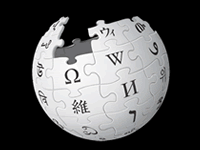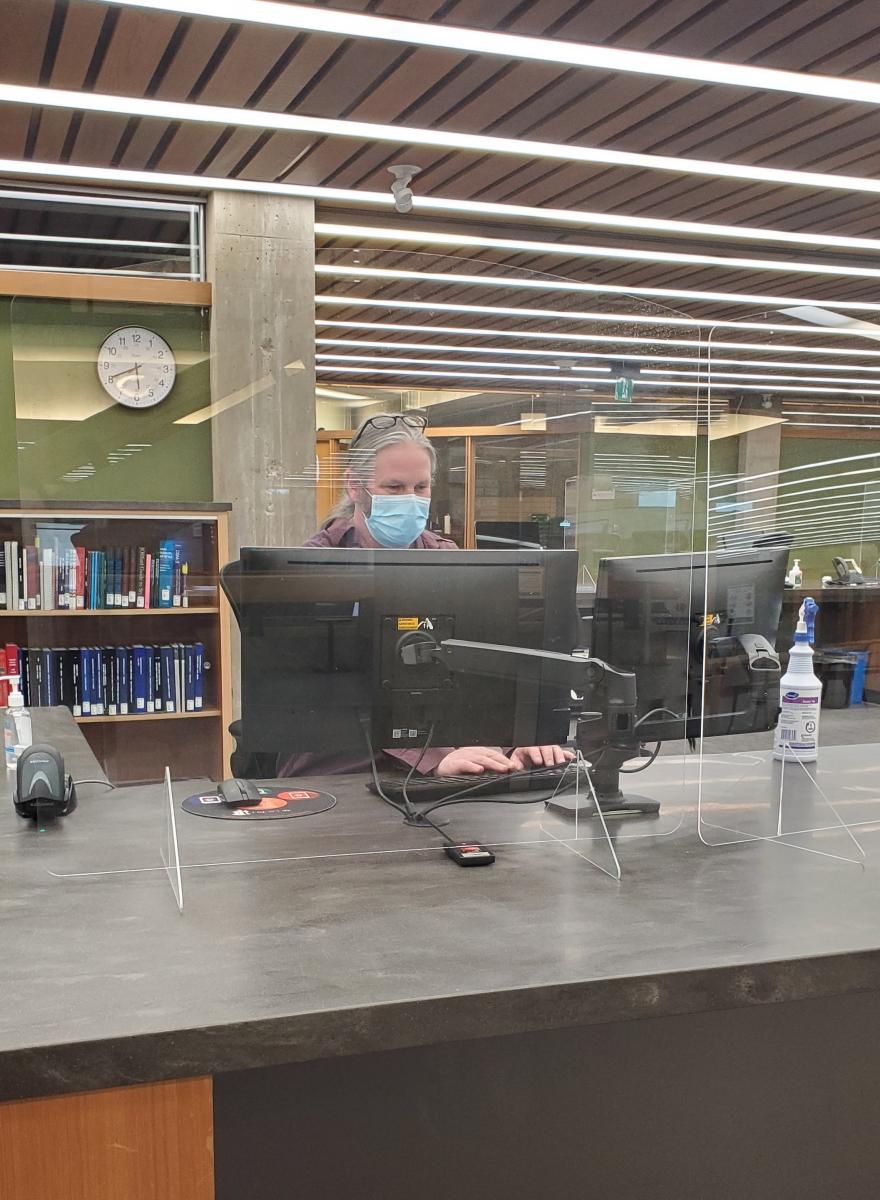If you've 'googled' a topic you've probably found results from a website called Wikipedia. Wikipedia is a free online encyclopedia that differs from other encyclopedias in a significant way: along with reading the articles in Wikipedia, anyone can add or edit articles however they like.
According to their website, Wikipedia was created in 2001 and has since grown to be the largest encyclopedia on the web. It is a collaborative effort, with articles written by individuals from around the world using wiki software. Wiki software allows content to be added or changed by anyone. As a result, Wikipedia is a dynamic work which is always in progress. See their webpage on writing and editing articles.
Limitations
Many of the articles in Wikipedia are long and comprehensive and it can be tempting to use the information found there in essays and lab reports. Proceed with caution - while there is certainly a place for this sort of resource, there are some important considerations.
- Because anyone can add or change content, there is an inherent lack of reliability. Authors of articles are not necessarily experts on the topics they write about. This leaves a lot of room for misinformation and bias.
- The information can change daily or even hourly. What you quote today may be gone or altered tomorrow. The reliability of the information depends upon who updated it most recently.
- There is a lot of variability in both the quality and depth of articles. For example, articles on technological topics tend to have much greater coverage than historical topics.
Advantages
While it is important to be aware of the limitations of Wikipedia, there are some advantages as well.
- It's a free and easy to access encylopedia.
- Articles are often added quickly and, as a result, coverage of current events is quite good. This is not the case with other encyclopedias, which can take years to add articles on world events.
- There is often a list of related or recommended readings, including scholarly journal articles, that are relevant and useful for your research.
Consider the Purpose
Whenever you do research, it's important to think about the type of resource suitable for your information need. Considerations include:
- Are you are looking for fact or opinion?
- How in-depth you want to be as you explore a topic?
- The importance of reliability and accuracy.
- The importance of timely or recent information.
- Do you need a brief introduction or description of something, or do you want documented scholarly research/studies?
Then decide if the Wikipedia encyclopedia is an appropriate resource for your current needs.
As always: think critically. You might want to use Wikipedia as a starting point and explore further. Check out the references or recommended further reading.
Many professors have specific policies on the use of Wikipedia and you should check with them if you are unsure about its acceptability.
You may also be interested in Wiktionary, Wikiquote, and Wikispecies. As with Wikipedia, use judgment on their authority and usefulness for your needs.



